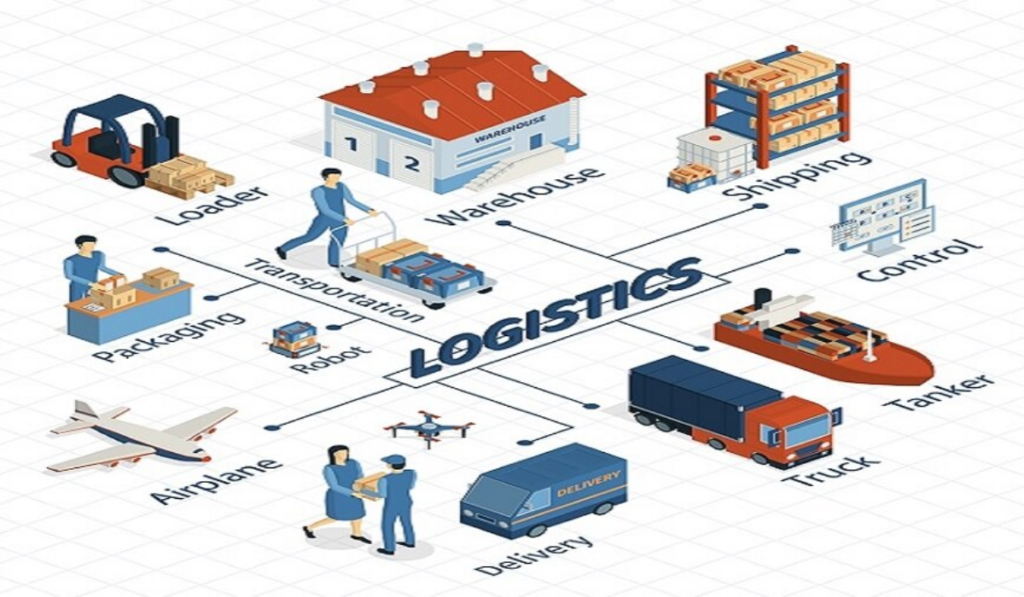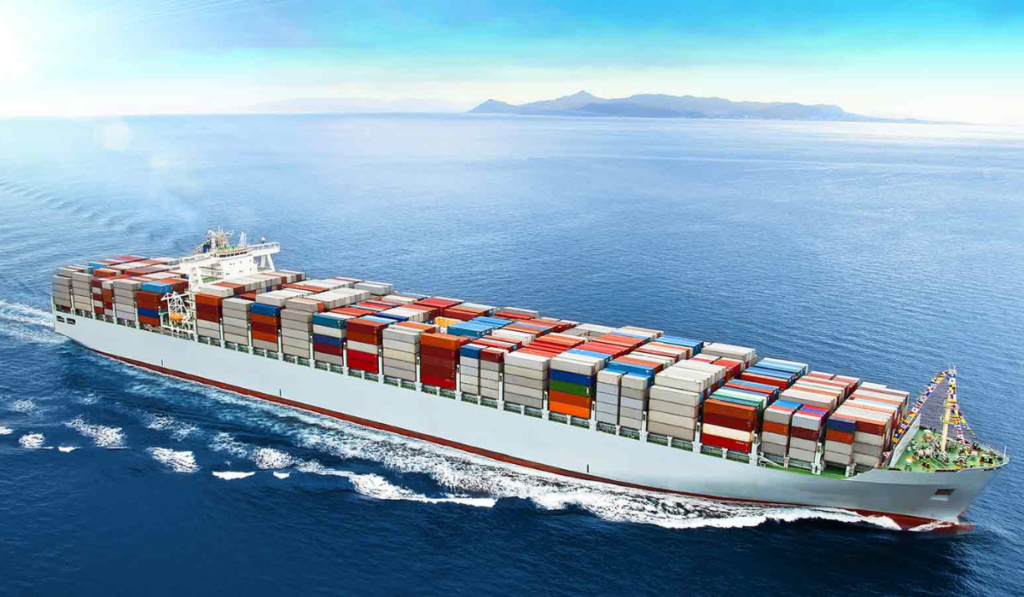Clearing Team
- Home
- Clearing Team
import, export, and re-export

Import
Imports play a pivotal role in the interconnected global economy, serving as a mechanism through which countries acquire goods and services from other nations. Importation involves bringing products across borders for domestic consumption, filling gaps in local production, or obtaining specialized items not readily available domestically. This practice fosters economic diversity, allowing nations to access a broader range of products and resources.
International trade relies heavily on imports, contributing to the mutual benefit of trading partners. Countries often engage in import activities to meet consumer demand, obtain raw materials, or access advanced technologies. This exchange of goods fosters economic interdependence, promoting cooperation and collaboration on a global scale.

The process of importing involves compliance with various regulations, tariffs, and customs procedures. Governments implement these measures to regulate trade, protect domestic industries, and ensure the safety and quality of imported goods. Importation contributes to job creation, as distribution, logistics, and retail sectors thrive on the demand for imported products.
In essence, imports are a driving force behind the rich tapestry of international trade, shaping the global economy and fostering diplomatic and economic ties between nations. The ebb and flow of imports reflect the dynamic nature of the global marketplace, influencing economic growth, innovation, and cultural exchange.

export
Exportation is a fundamental aspect of the global economy, representing the sale and shipment of goods and services from one country to another. Nations engage in exports to capitalize on their comparative advantages, whether it be abundant natural resources, specialized expertise, or innovative technologies. The process of exporting fuels economic growth by creating job opportunities, stimulating production, and increasing revenue for exporting countries.
Exports play a crucial role in fostering international trade relationships, encouraging collaboration between nations. Developing countries often rely on exports as a means to participate in the global economy, generating income and improving their standard of living. Established economies, on the other hand, leverage exports to maintain competitiveness, diversify markets, and stimulate innovation.
Trade agreements, tariffs, and economic policies shape the landscape of exports, influencing the flow of goods and services between countries. Exportation is a dynamic force, driving economic development, technological advancements, and cultural exchange on a global scale. Additionally, the success of exports is intricately linked to the efficiency of transportation, logistics, and communication networks, which facilitate the smooth movement of products across borders.
In essence, exports form the backbone of a interconnected global economy, fostering cooperation, economic development, and mutual prosperity among nations.
Re-export
Re-exportation is a key facet of international trade, involving the export of goods from one country without any significant modification, only to be subsequently shipped to another destination. This practice is often driven by strategic economic considerations, logistical advantages, or regulatory requirements. Re-exportation allows countries to capitalize on their geographical position, acting as intermediaries in the global supply chain.
Countries with strategic geographic locations or well-developed transportation infrastructure frequently engage in re-export activities to leverage their position as trade hubs. This practice enables them to facilitate the movement of goods between regions efficiently. Additionally, re-exportation plays a vital role in fulfilling demand for specific products in markets where the original exporting country might face logistical challenges or regulatory barriers.

The re-export process involves compliance with international trade regulations, customs procedures, and any applicable trade agreements. Often, free trade zones or special economic zones serve as hubs for re-export activities, providing streamlined processes and reduced regulatory burdens.
Re-exportation contributes to the diversification of economies, promotes international trade partnerships, and fosters economic growth. It exemplifies the intricate and interconnected nature of the global supply chain, highlighting the adaptability and flexibility required in modern international trade practices.

